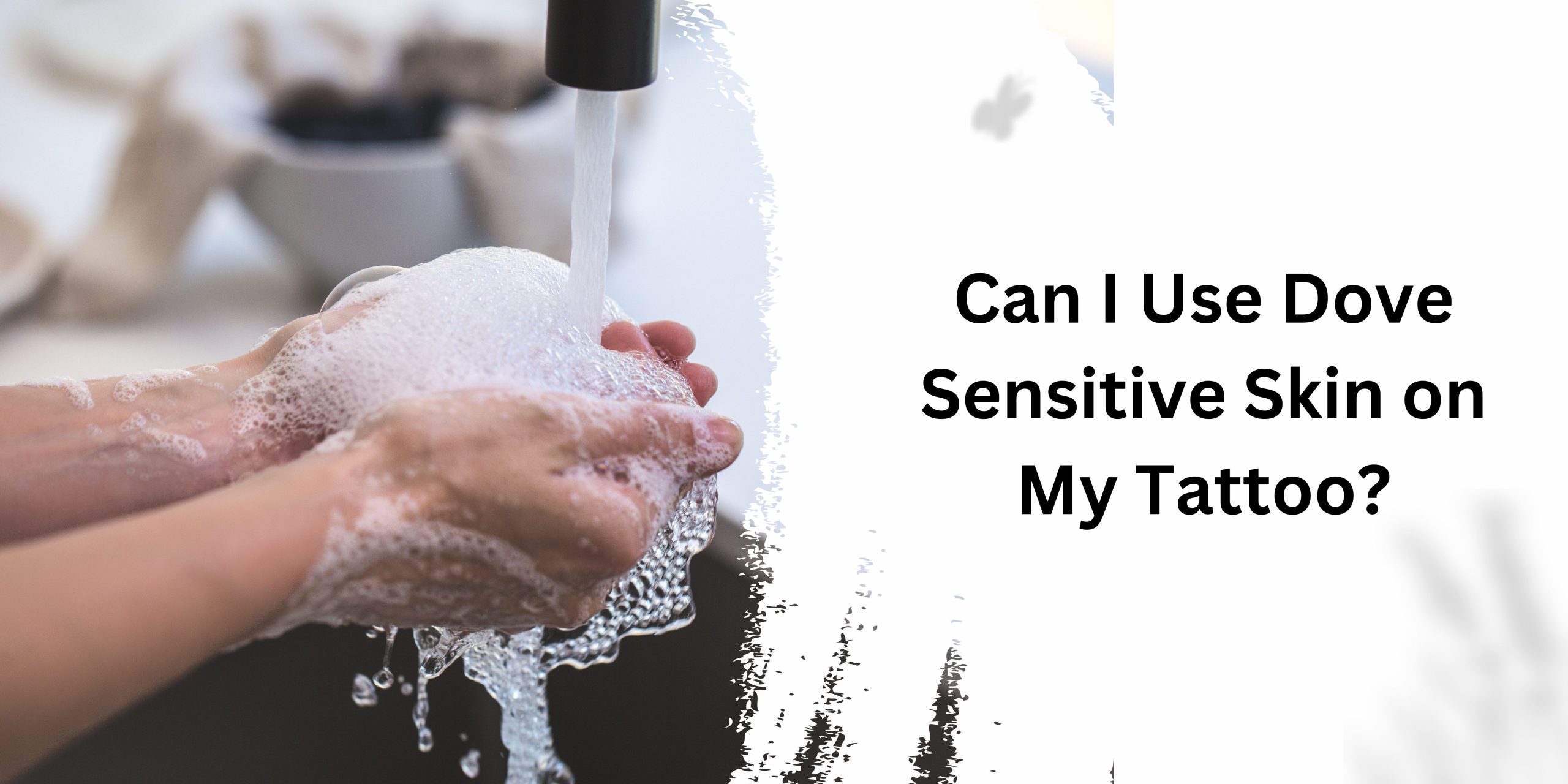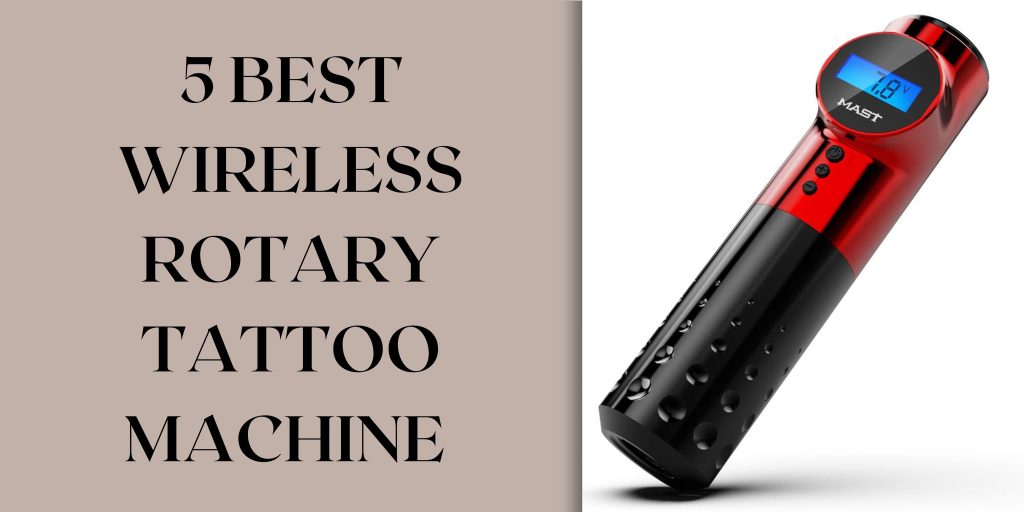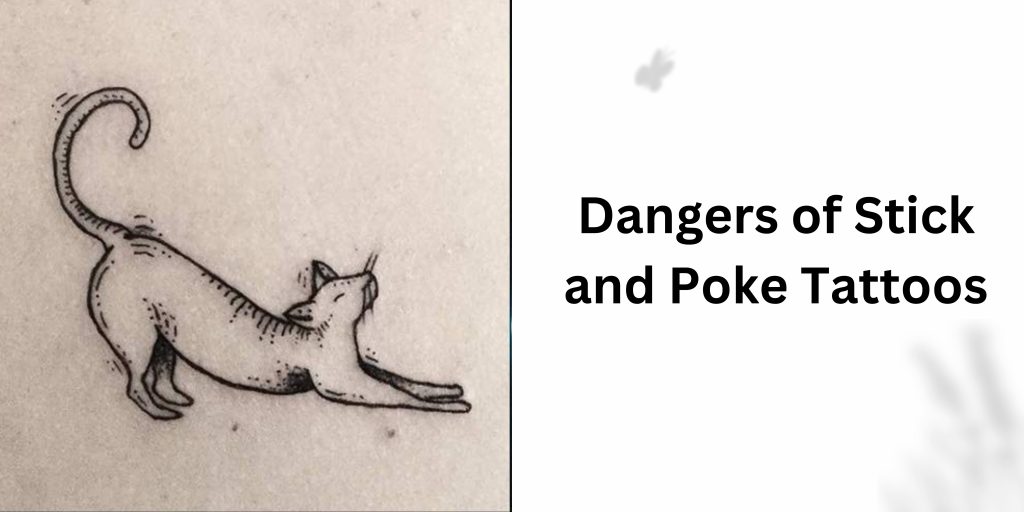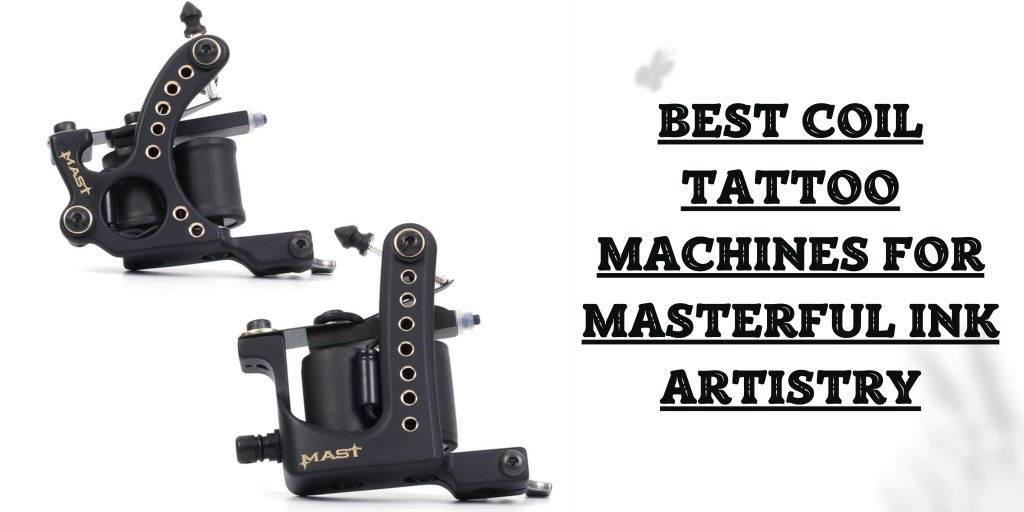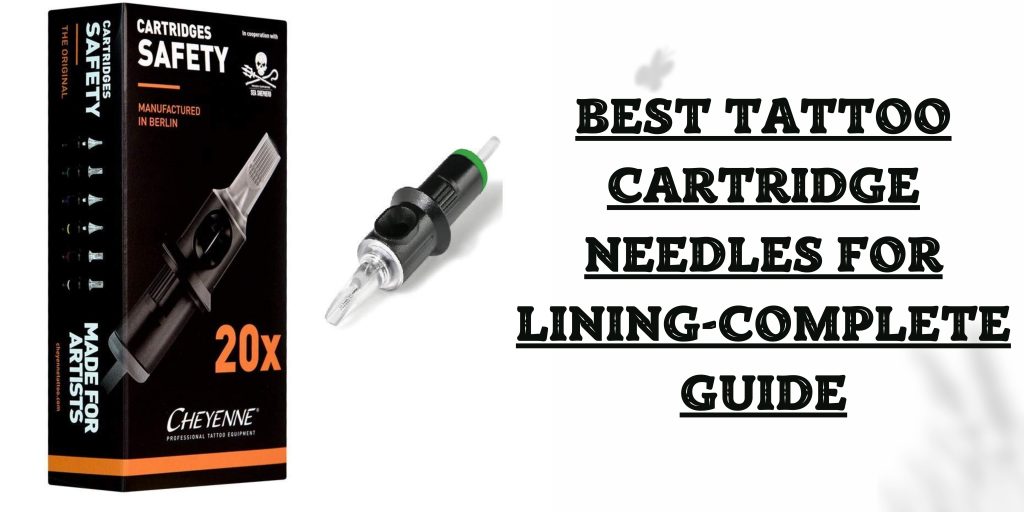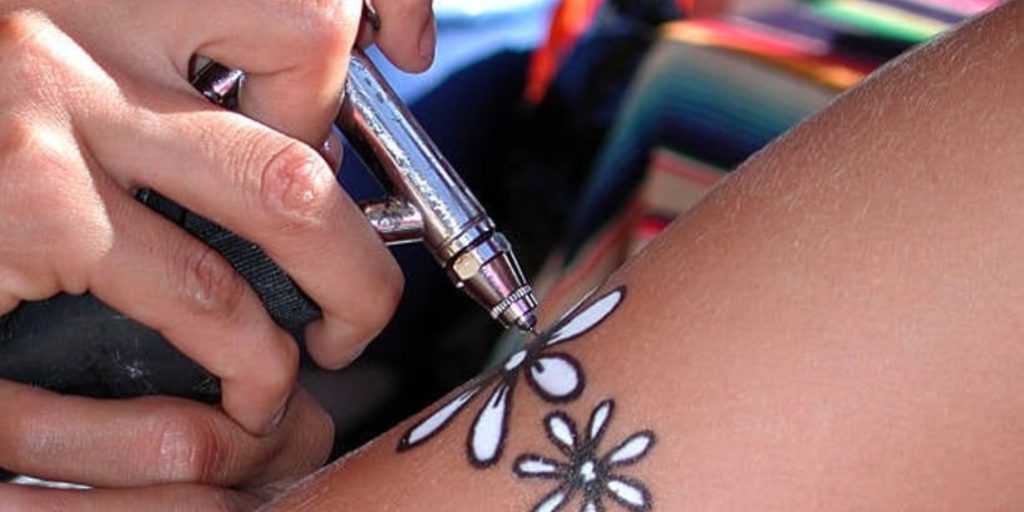So, you’ve just added some ink to your body, and now you’re wondering about the best way to care for your new tattoo. The internet is filled with advice, but one question keeps popping up: Can I use Dove Sensitive Skin on my tattoo? Let’s dive into the world of tattoo care and explore whether this popular skincare product is a friend or foe for your freshly-inked masterpiece.
What Makes the Ideal Soap for Tattoos?
Characteristics of the Ideal Soap for Tattoos
1. Mild and Hypoallergenic
The skin around a new tattoo is in a delicate state, and using a harsh soap can hinder the healing process. The ideal soap should be mild and hypoallergenic, minimizing the risk of irritation. Look for products specifically formulated for sensitive skin to ensure a gentle cleansing experience.
2. pH-Balanced Formula
Maintaining the right pH balance is paramount for optimal tattoo healing. A soap with a balanced pH ensures that the skin’s natural acidity is preserved, creating an environment conducive to healing. This is particularly crucial during the initial weeks when the tattoo is most vulnerable.
3. Free of Harsh Chemicals and Fragrances
Tattooed skin is sensitive, and exposure to harsh chemicals and fragrances can lead to irritation and complications. The ideal soap should be free of unnecessary additives that could potentially disrupt the healing process. A minimalist ingredient list reduces the risk of adverse reactions.
4. Moisturizing Properties
Hydration is key to promoting the longevity of your tattoo. A soap with moisturizing properties helps prevent the skin from drying out, reducing the risk of itching and flakiness. Look for ingredients like glycerin or aloe vera, which contribute to keeping the skin nourished.
5. Anti-Bacterial and Antimicrobial
Tattoos create tiny wounds in the skin, making it susceptible to bacteria and infections. An ideal soap for tattoos should have anti-bacterial and antimicrobial properties to ward off potential threats. This helps in preventing infections and ensuring a clean healing process.
6. Compatibility with Tattoo Inks
Not all soaps are created equal, and some may interact negatively with certain tattoo inks. It’s essential to choose a soap that is compatible with the type of ink used in your tattoo. Your tattoo artist may provide recommendations based on their experience and the specific ink brand they used.
7. Easy to Rinse Off
Efficient rinsing is often an overlooked aspect of tattoo aftercare. Residue from soap that isn’t adequately washed off can lead to irritation. The ideal soap should lather well and rinse off easily, leaving no lingering traces that might compromise the healing process.
8. Versatility in Application
While specialized tattoo aftercare soaps exist, the ideal soap should also be versatile enough for general use. This ensures that you can continue using it beyond the initial healing phase, maintaining the health and vibrancy of your tattoo in the long run.
9. Dermatologist-Approved
For added peace of mind, opt for a soap that is dermatologist-approved. Dermatologist-tested products are more likely to undergo rigorous testing for safety and efficacy, making them a reliable choice for tattoo aftercare.
10. Patch-Tested for Individual Sensitivities
Individual skin reactions can vary, so it’s wise to conduct a patch test before committing to a particular soap. Apply a small amount on a discreet part of your tattoo and observe how your skin reacts. This precautionary step can help you identify any potential sensitivities.
Read More: Can I Put Aloe Vera on My Tattoo?
How to Clean Your Tattoo With Dove Soap

Cleaning Your Tattoo with Dove Soap: A Step-by-Step Guide
Step 1: Wait for the Right Moment
After getting inked, your tattoo needs time to settle. Avoid cleaning it immediately after leaving the studio. Wait at least four to six hours to allow the initial healing process to begin. This gives your skin a chance to form a protective barrier over the tattoo.
Step 2: Wash Your Hands Thoroughly
Before touching your tattoo, wash your hands thoroughly with an antibacterial soap. Clean hands help minimize the risk of introducing harmful bacteria to the freshly tattooed area.
Step 3: Choose the Right Dove Soap Variant
Opt for Dove Sensitive Skin soap, as it is specifically formulated to be gentle and less likely to contain fragrances and additives that may irritate your tattoo. This variant is ideal for those with sensitive skin or during the initial stages of tattoo healing.
Step 4: Wet Your Tattoo Gently
Using lukewarm water, wet your tattoo gently. Avoid hot water, as it can be harsh on the fresh tattoo. The goal is to soften any dried blood, plasma, or ointment without causing additional stress to the skin.
Step 5: Lather the Dove Soap
Apply a small amount of Dove Sensitive Skin soap to your clean hands and create a gentle lather. Be mindful not to use excessive force or scrub vigorously, as this can disrupt the healing process and cause unnecessary irritation.
Step 6: Clean the Tattoo with Gentle Circular Motions
Using your fingertips, gently clean your tattoo with circular motions. Pay attention to all angles and crevices of the design. Do not use abrasive materials such as washcloths or sponges, as these can be too harsh on the healing skin.
Step 7: Rinse Thoroughly
Once you’ve cleaned the tattoo, rinse it thoroughly with lukewarm water. Ensure all soap residue is washed away, as any lingering residue can potentially lead to irritation.
Step 8: Pat Dry with a Clean Paper Towel
Avoid using regular towels, as they can harbor bacteria. Instead, pat your tattoo dry with a clean, disposable paper towel. Gently blot the area rather than rubbing, as rubbing can cause friction on the delicate skin.
Step 9: Air Dry for a Few Minutes
Allow your tattoo to air dry for a few minutes before applying any aftercare products. This brief period helps ensure that the skin is completely dry and ready for the next steps in your aftercare routine.
Read More: Can I Use Sudocrem on My Tattoo?
Additional Tips:
- Avoid Over-Cleaning: Cleaning your tattoo 2-3 times a day is generally sufficient. Over-cleaning can strip the skin of its natural oils, potentially leading to dryness and irritation.
- Skip Swimming Pools and Hot Tubs: During the initial healing phase, it’s advisable to avoid swimming pools, hot tubs, and prolonged exposure to water. These environments can introduce bacteria to the healing tattoo.
- Moisturize as Recommended: Depending on your tattoo artist’s advice, moisturize your tattoo with a tattoo-specific cream or ointment. This helps keep the skin hydrated and promotes optimal healing.
Read More: Can you use savlon on tattoos?

